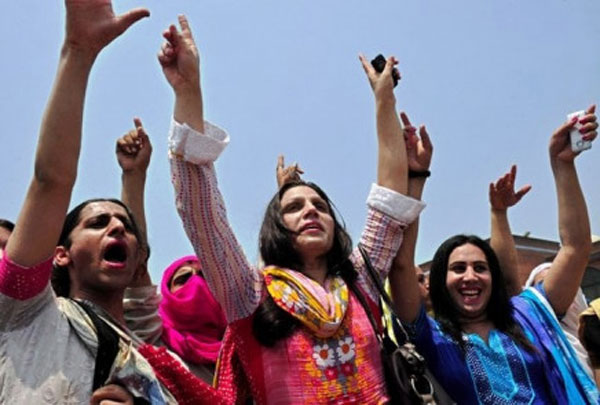Daijiworld Media Network - New Delhi
New Delhi, Nov 19: The Indian government has reiterated its commitment to ensuring dignity, autonomy, and equal opportunity for transgender persons, highlighting the strides made in legal, policy, and social reforms over the past decade.
According to the 2011 census, around 4.87 lakh individuals in India identified as “other” in the gender category, representing the country’s non-binary population. Historically marginalized, this community has benefited from a series of reforms aimed at recognition, protection, and empowerment.
“India has made significant progress in addressing historical marginalisation of the transgender community through legal protections, welfare schemes, and digital accessibility,” the government said in an official statement. “Ensuring that transgender persons live with dignity, autonomy, and opportunity remains central to India’s democratic and human rights commitments.”

Key milestones include the 2014 Supreme Court ruling that recognized transgender individuals as a “third gender,” affirming their right to self-identify and directing the government to ensure equality and non-discrimination. This was followed by the Transgender Persons (Protection of Rights) Act, 2019, and the subsequent rules for its implementation in 2020. A National Council for Transgender Persons was established to advise on policies, legislation, and programs, alongside the launch of the National Portal for Transgender Persons in November 2020.
Government initiatives have focused on systemic support and empowerment. The SMILE Scheme, introduced in February 2022, provides livelihood support, skill training, shelter through Garima Greh centres, and healthcare coverage under Ayushman Bharat TG Plus. Additionally, the Department of Social Justice & Empowerment issued the “Equal Opportunities Policy for Transgender Persons” to ensure equitable access to employment and other opportunities.
“These measures collectively promote inclusion, dignity, and equal opportunities for transgender citizens, fostering a society where they can thrive with full rights and participation,” the government added.